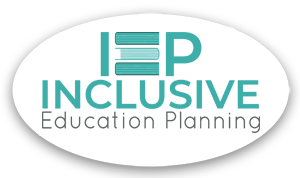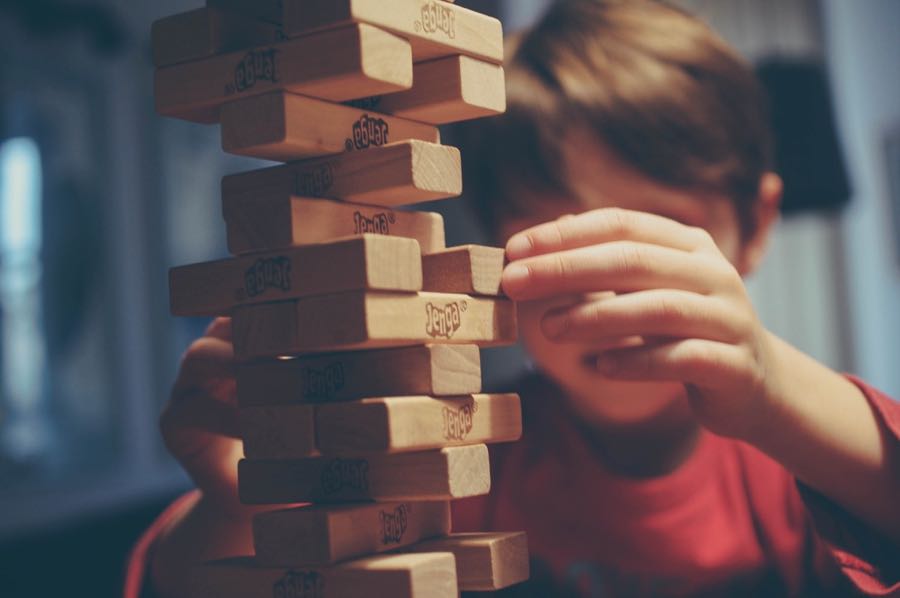Children/ students with disabilities, particularly those with cognitive delays or autism, often experience difficulty learning important social skills. This can result in social isolation that in turn limits the development of language and cognition. A vicious cycle ensues as difficulties with expressive language and poor problem solving compounds the social problems that children/ students face. Today most educators realise the importance of explicitly teaching social skills as this form the foundation for all learning. If children/ students with disability have deficits in this area, then social skills development should be considered for inclusion on the Individual Education Plan. Unfortunately, there are instances where social skills are not taught as some educators assume that children/ students should implicitly know how to navigate through the social sphere of preschool and school. These children/ students are then unfairly held accountable for not knowing the ‘hidden curriculum’ and sometimes become outcasts.
There are a plethora of social skill programs, activities, resources and approaches that have been developed to facilitate the explicit teaching of social skills and/ or emotional regulation. However, the choice is vast and it can be difficult to know if a particular program will be a good fit for the class and/or particular students. Educators require an awareness of a variety of programs on offer to determine if these match the needs and interests of their students. It is important to tap into the interests of students with disabilities in order to capture their attention and motivate them to participate.





Thanks for the outstanding information, it really is useful.
I blog often and I truly appreciate your information. This article has really peaked my interest.
I am going to book mark your website and keep checking for new information about once per week.
I subscribed to your RSS feed too.
Hi! Thanks a lot! Love your blog!.